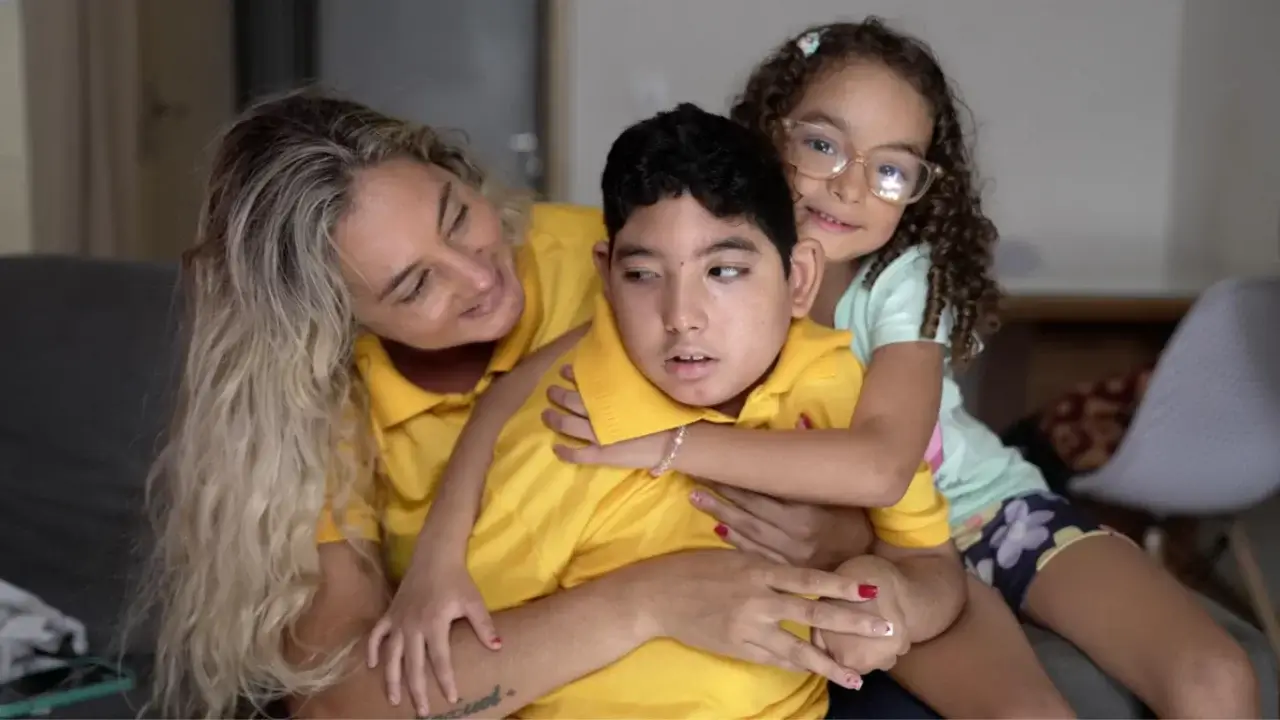Zika virus victims

As a result of the 2015–2016 Zika virus outbreak in Brazil, thousands of babies were born with severe disabilities — small heads, inability to walk, speak, or eat. Experts refer to this condition as "congenital Zika syndrome."
Many mothers had to leave their jobs to care for their children, surviving on just $265 in monthly government support. Some separated from their spouses, while others engaged in legal battles. Due to a lack of medical care, wheelchairs, and medications, they went through numerous court cases.
Eventually, the mothers formed an independent group to support one another. Around 15 families moved to the same area and began raising their children together. Some returned to school, while others tried to rebuild independent lives.
Under pressure from the mothers, the Brazilian parliament passed a law granting each family a one-time payment of $8,800 and a monthly benefit of $1,325.
Although the Zika virus has subsided, experts warn of the risk of a new wave. Since few studies have been conducted, the causes of its effects and spread remain unknown.
Read “Zamin” on Telegram!












